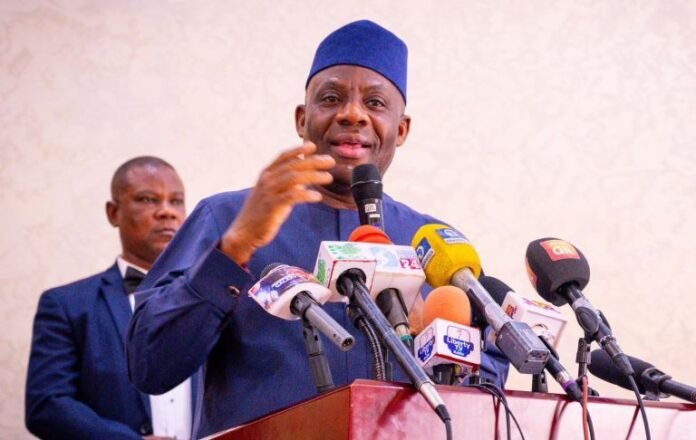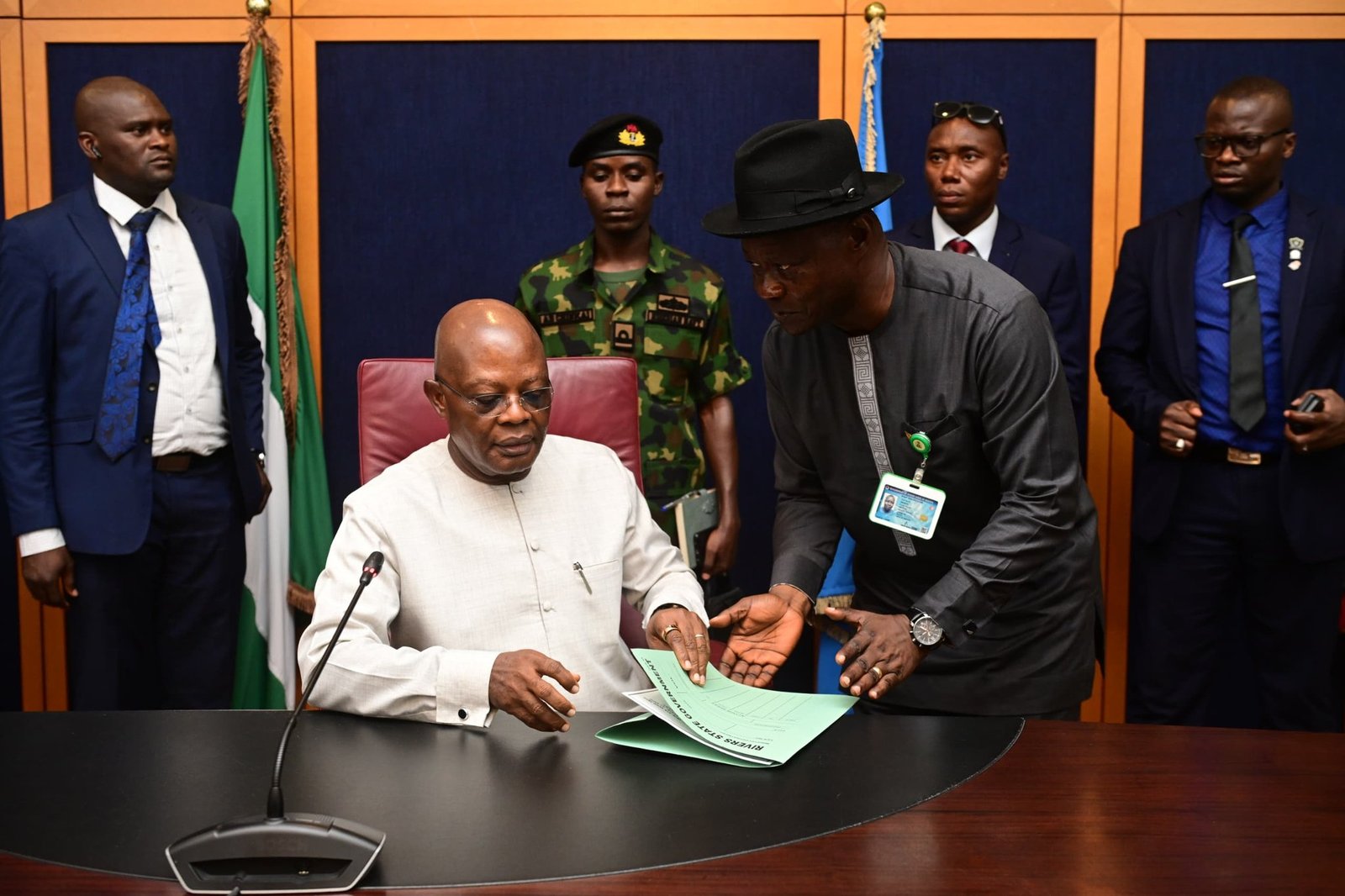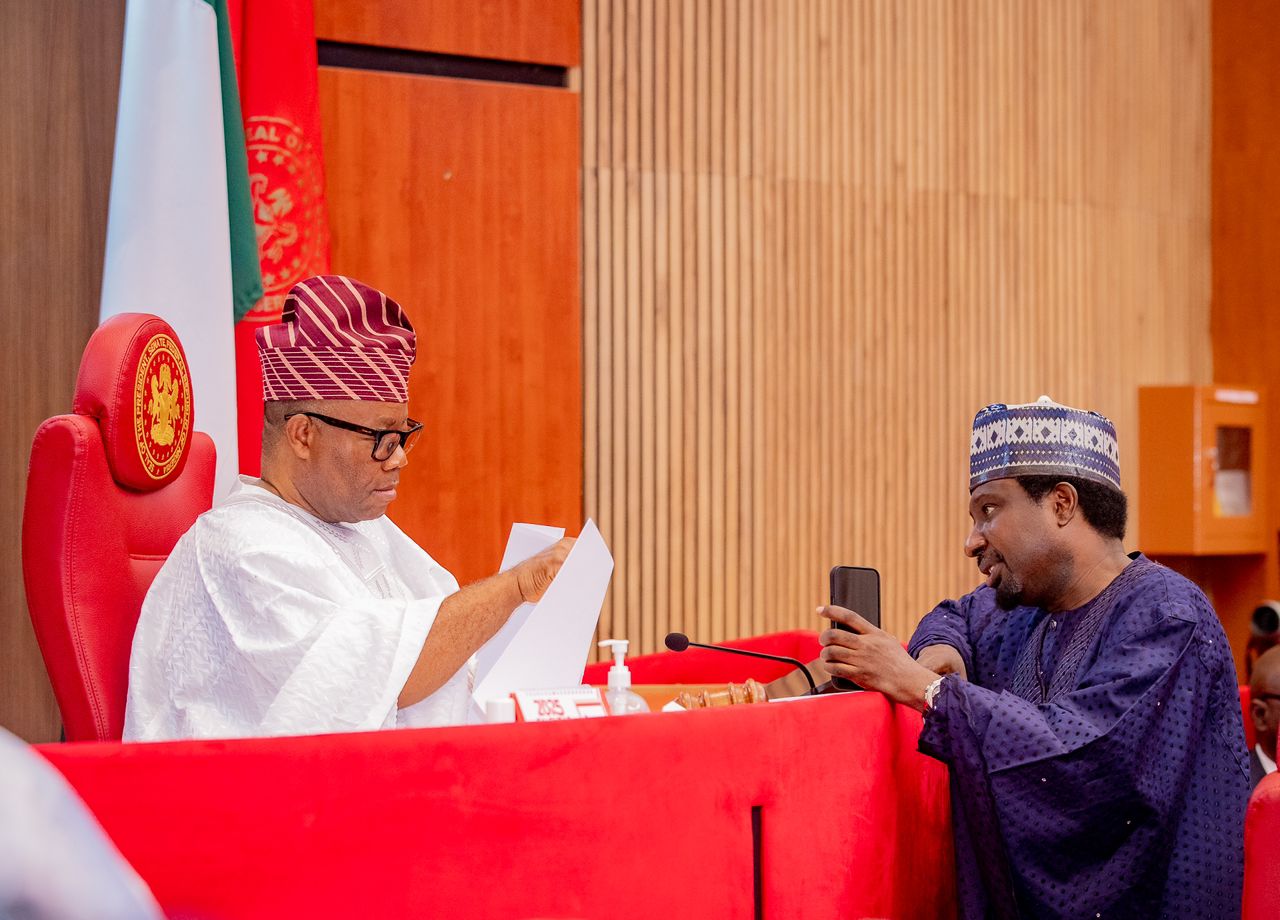The Federal Government says it will train five million Nigerian youths with job-ready skills that are in demand worldwide.
Minister of Education, Dr. Tunji Alausa, made this known in Abuja during the 2025 Citizens and Stakeholders Engagement for the Nigeria Education Sector Renewal Initiative (NESRI).
He said “we’re investing in a skill-based future to boost jobs at home and abroad.”
Skills Training, Technical Colleges Upgraded
As part of the plan, 38 technical colleges—both state and federal—have been upgraded. The goal is to equip students with hands-on skills that meet international standards.
“The dual-training model means students now spend 80% of their time learning practical skills and only 20% in class,” he explained.
The Nigeria Technical and Vocational Education and Training (TVET) Initiative has already started. It aims to enrol 650,000 young people initially.
The Ministry has:
- Trained 3,600 teachers in modern teaching techniques and specific trades.
- Reviewed the curriculum to match industry needs.
- Prioritized 35 high-demand trades.
- Repositioned NABTEB to issue all National Skills Qualification (NSQ) certificates.
“We’ll pay artisans to mentor trainees and build a whole new value chain,” Alausa added. “Our goal is to train 5 million young Nigerians with globally relevant skills within four years.”
He said the programme rollout would follow short, medium, and long-term goals. Some will start this month, and others by September 2025.
Broader Education Reforms Under NESRI
NESRI is a broader reform plan to shift Nigeria’s economy from depending on natural resources to knowledge and skills.
“The focus is literacy, curriculum reform, digitizing school data, and boosting access, quality, and research in education,” the minister said.
The Ministry is also building local and global partnerships to support science, technology, engineering, mathematics (STEM), medical sciences, and the girl child.
He noted that student enrolment in health-related courses jumped from 28,000 to 115,000 in recent years. Eighteen institutions have been picked for major development projects.
Tackling Out-of-School Children and Learning Poverty
Alausa admitted that over 15 million Nigerian children are still out of school. More than 45 million people are considered learning poor—unable to read or understand simple text by age 10.
“Six million adolescent girls aged 12–19 are not in school. That’s a big concern,” he said.
To help fix this, NESRI has enrolled 25,000 children into formal schools. Another 4,000 Tsangaya teachers have been trained to support education in underserved areas.
He mentioned support from the World Bank-funded AGILE project and the National Commission for Almajiri and Out-of-School Children.
The LUMINAH Girls’ Dual Initiative is also underway. It targets helping one million girls finish basic school by 2030 across 12 pilot states.
The Ministry also plans to digitize national exams. JAMB is already using Computer-Based Tests (CBT). NECO and WAEC will start CBTs by November 2025. The full switch is expected by 2027.
“This move will improve transparency and reduce exam malpractice,” the minister stated.
Minister of State for Education, Prof. Suwaiba Ahmad, spoke about the value of vocational education.
“We’ve seen companies hiring 60% of their staff from abroad. That must change,” she said.
Sen. Muntari Dandutse, Chairman of the Senate Committee on Tertiary Institutions and TETFund, said lawmakers will back the reforms. “Education is the heart of national transformation,” he said.
On a final note, Dr. Alausa also launched the national anti-bullying policy for schools.
“This policy will instil discipline in schools and society as a whole,” he said.
Rate, Like 👍, Comment, share this article and Follow us on our social media handles.








